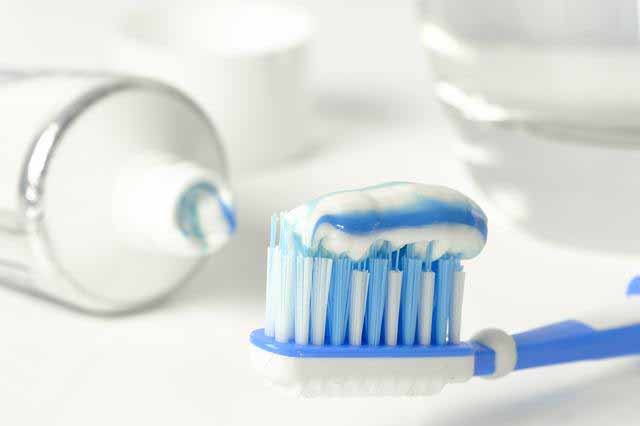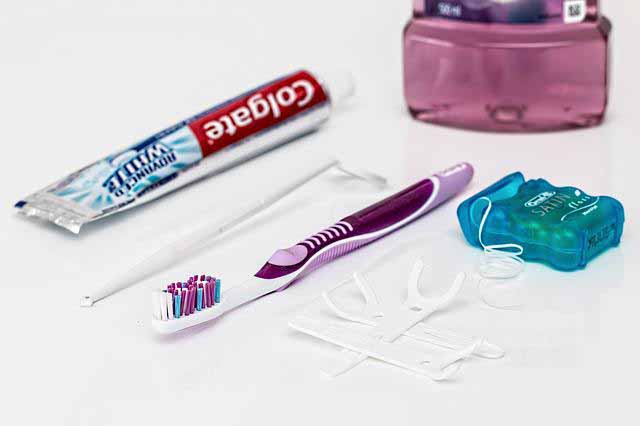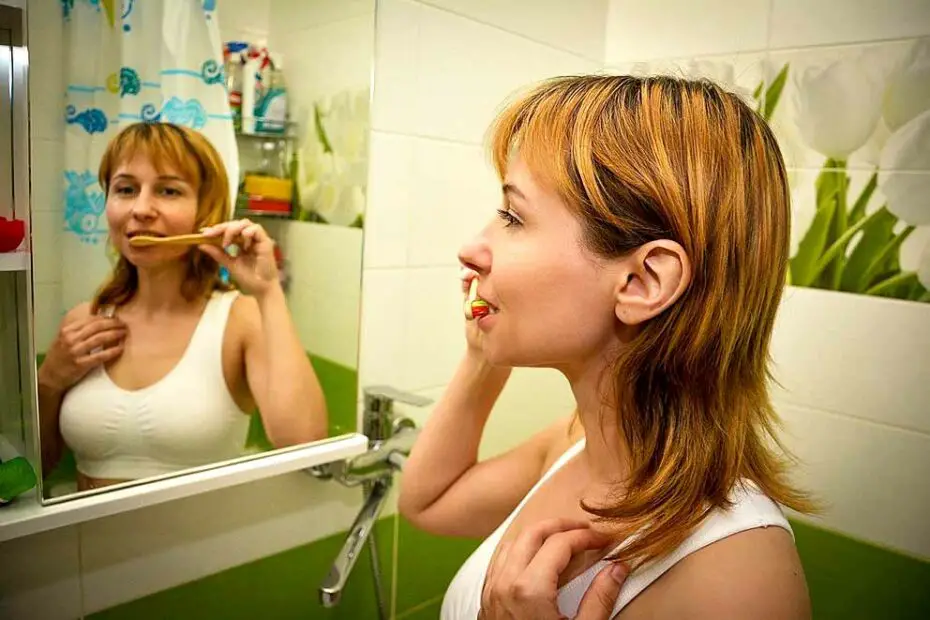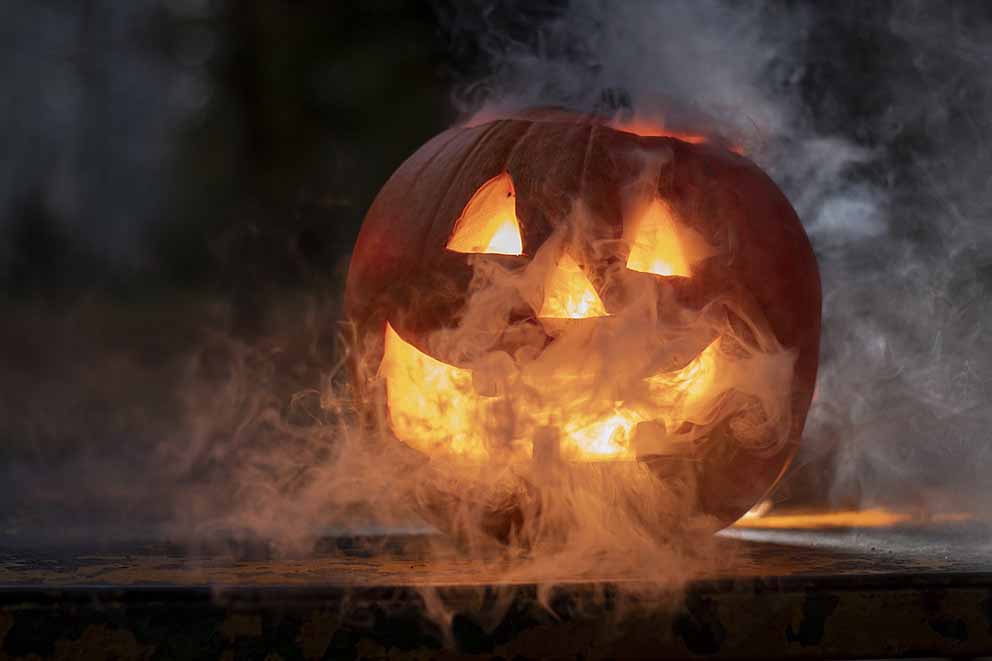One of the activities that most enables people to learn a new language, such as Spanish, is speaking. A fundamental thing that you need to be able to handle in order to be able to speak is not so much grammatical knowledge (which is still important) but knowledge of everyday expressions.
One of the most common everyday expressions, which we will analyze and study in this article, is the expression “brush your teeth” in Spanish.
We are going to analyze how to say brush your teeth in the Spanish language in all the different ways that exist, so that you too can use this expression, and then we are going to look at a whole series of terms related to this area.
Let’s get started!

How do you say ‘brush your teeth’ in Spanish?
Lavarse los dientes
The first expression that is used to translate “brush your teeth” is the following:
Lavarse los dientes (brush your teeth)
“Lavarse los dientes” is the expression that best and most literally translates as “brush your teeth”.
Let’s look at some example sentences using “Lavarse los dientes”:
- ¡John, lávate los dientes antes de ir a la escuela! – Translation: John, brush your teeth before you go to school!
- Lávarte los dientes antes de irte a dormir, Juan – Translation: Brush your teeth before you go to sleep, Juan.
- Niños, acabáis de comer demasiados caramelos. Ahora id a lavaros los dientes – Translation: Children, you just ate too much candy. Now go and brush your teeth.
- Es importante cepillarse los dientes varias veces al día; al menos tres veces al día – Translation: It’s important to brush your teeth multiple times a day; at least three times a day.
- Es importante lavarse los dientes antes de ir a dormir – Translation: It is important to brush your teeth before going to sleep

CEPILLARSE LOS DIENTES
This expression is very common in Spain and it is not unusual to hear “cepillarse los dientes” instead of “lavarse los dientes“.
Let’s look at some example sentences with the expression ‘cepillarse los dientes’:
- Siempre es muy importante cepillarse los dientes después de comer. — it is always very important to brush your teeth after eating.
- Antes de ir a la fiesta de Marcus, ordena tu habitación, dúchate y cepíllate los dientes. — Before going to Marcus’ party, tidy up your bedroom, take a shower and brush your teeth.
- La higiene dental personal es algo muy importante para evitar caries u otros problemas. ¡ cepíllate siempre los dientes! — Personal dental hygiene is a very important thing to avoid caries or other problems. Always brush your teeth!
- Si te hubieras cepillado los dientes regularmente tres veces al día, ¡no tendrías caries ahora! — If you had brushed your teeth regularly every day three times a day, you wouldn’t have cavities now!
- Mi hermana Alejandra nunca se cepilla los dientes con regularidad. ¡Tarde o temprano acabará en el dentista! — My sister Alejandra never brushes her teeth regularly. Sooner or later she will end up at the dentist!
Difference between “cepillarse los dientes” and “lavarse los dientes”
As we have seen, “cepillarse los dientes” and “lavarse los dientes” are the two basic expressions for brush your teeth. Many of you are probably wondering at this point what the difference is between these two expressions.
In fact, there is no real difference between these two expressions. Both “cepillarse los dientes” and “lavarse los dientes” can be used in both formal and informal contexts.
We can say that “lavarse los dientes” refers to the action of washing (and so that is where the focus is).
The expression “cepillarse los dientes” instead focuses more on the action of brushing the teeth with the toothbrush (in fact, brush in Spanish is called cepillo).
Other terms related to “cepillarse los dientes”/”Lavarse los dientes”.
Let’s look at a list of basic terms that refer to the activity of brushing one’s teeth.
- Toothbrush — cepillo / cepillo de dientes
- Electric toothbrush — cepillo de dientes eléctrico
- Tooth — diente
- Toothpaste — dentífrico / pasta de dientes
- Floss — hilo dental
- Mouthwash — colutorio
- Caries — caries
Conclusion
In today’s article we saw how to say “brush your teeth” in Spanish. Using this expression in Spanish is fairly straightforward since “cepillarse los dientes” and “lavarse los dientes” are interchangeable and neither refers to an expression more suited to a formal or informal context.




